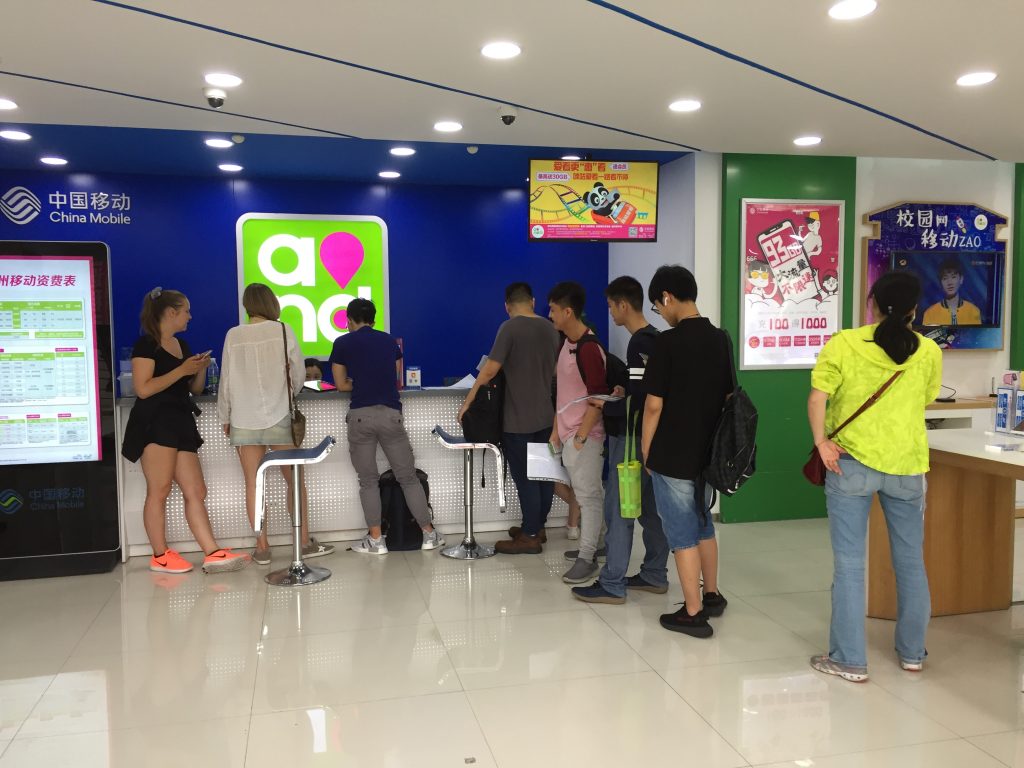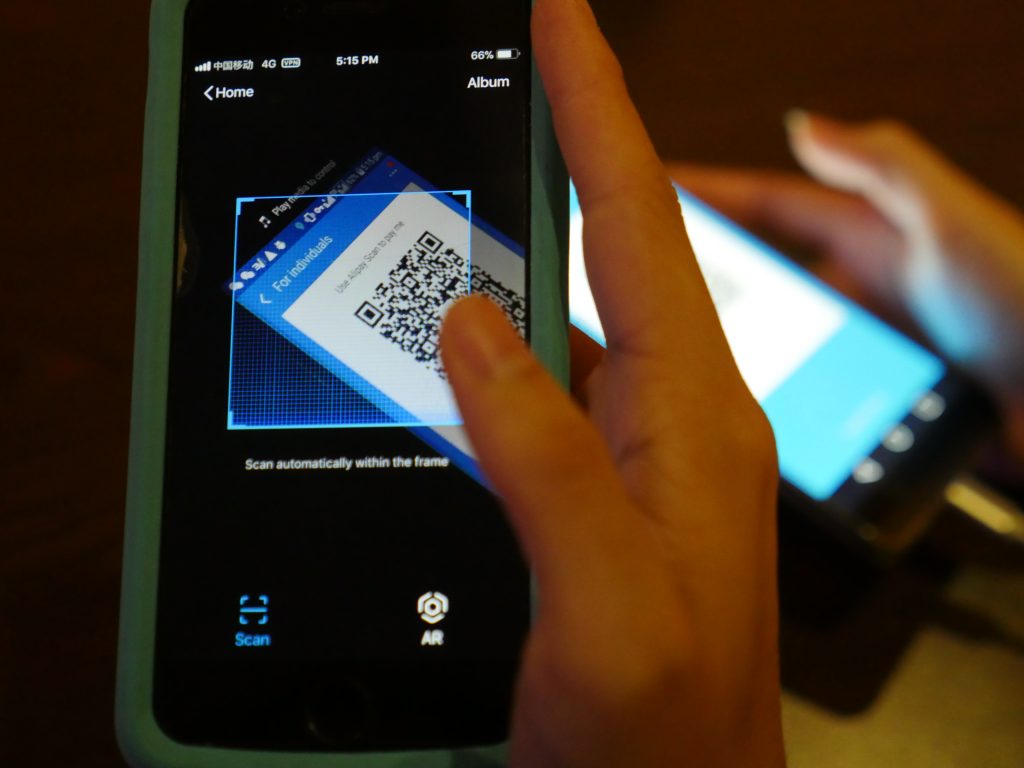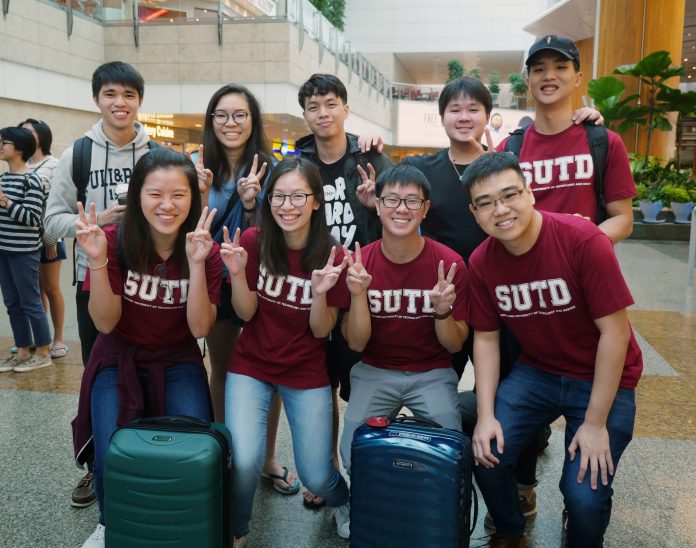5th May,the day that we left Singapore for Hangzhou,China. It was a time for many of us to leave our comfortable lives and family behind and move onwards to an unfamiliar land with different customs and way of life.
Our journey began at Changi airport where we left friends and family behind as we began our 5-hour plane ride to Hangzhou. As our flight was delayed by the heavy air traffic the journey took longer than expected this made the view of Hangzhou a sight for sore eyes as we finally touched down nearly at midnight.

In the morning, the first order of business was to set up our China phone numbers and bank accounts so that we could start our new lives living in China. We were extremely lucky that the group of students that arrived in China the day before had already figured out how to set up their China phone lines and bank accounts, which made it a lot easier for us to overcome the administrative challenges of setting up a phone line and bank account in a foreign country.

After we had set up our bank accounts and phone numbers we were now able to use the ever ubiquitous app,Alipay which brought us to a whole new world of cashless payment. With Alipay we were able to pay everything from food and groceries to taxis and trains and even each other. It was uncomfortable at first as Singapore is still a cash-based society where we pay all our items either in cash or credit and debit cards. In China, this idea of a cash-based society is turned on its head where everything is paid through QR codes and virtual transfers of money from customers to vendors. It is really a sight to behold as both the amount of trust placed in a virtual system and the technology to create such a robust system is really incredible. The number of systems that are dependent on the cashless system is numerous, from the transport system to day-to-day transactions.
This type system is one that Singapore has set its sight on in the past few years and hope to achieve in the coming years. One of the things I feel is in the way of this dream in Singapore is the lack of trust in the virtual system due to the conservative culture we have towards money, especially in the older generation. This mindset has to be slowly changed over time in order to gain public trust. Luckily, the government has taken many steps to slowly ease the public into cashless systems such as allowing cashless payments at hawker centers. Secondly, the technology needs to be robust in order to handle the virtual traffic and prevent cyber attacks. Reliability is key as many systems will eventually become integrated into the cashless payment system and any disruption will cost heavy financial damage to the economy. This is heavily dependent on the education and government investment in these types of systems. Singapore has clearly seen the importance of this as seen from the high demand for computer science based graduates. In order to build this type system both individuals, companies, and government need to work together.
The few days in China has certainly been an eye-opening experience and I cannot wait to see what the coming weeks have in store for us!






























